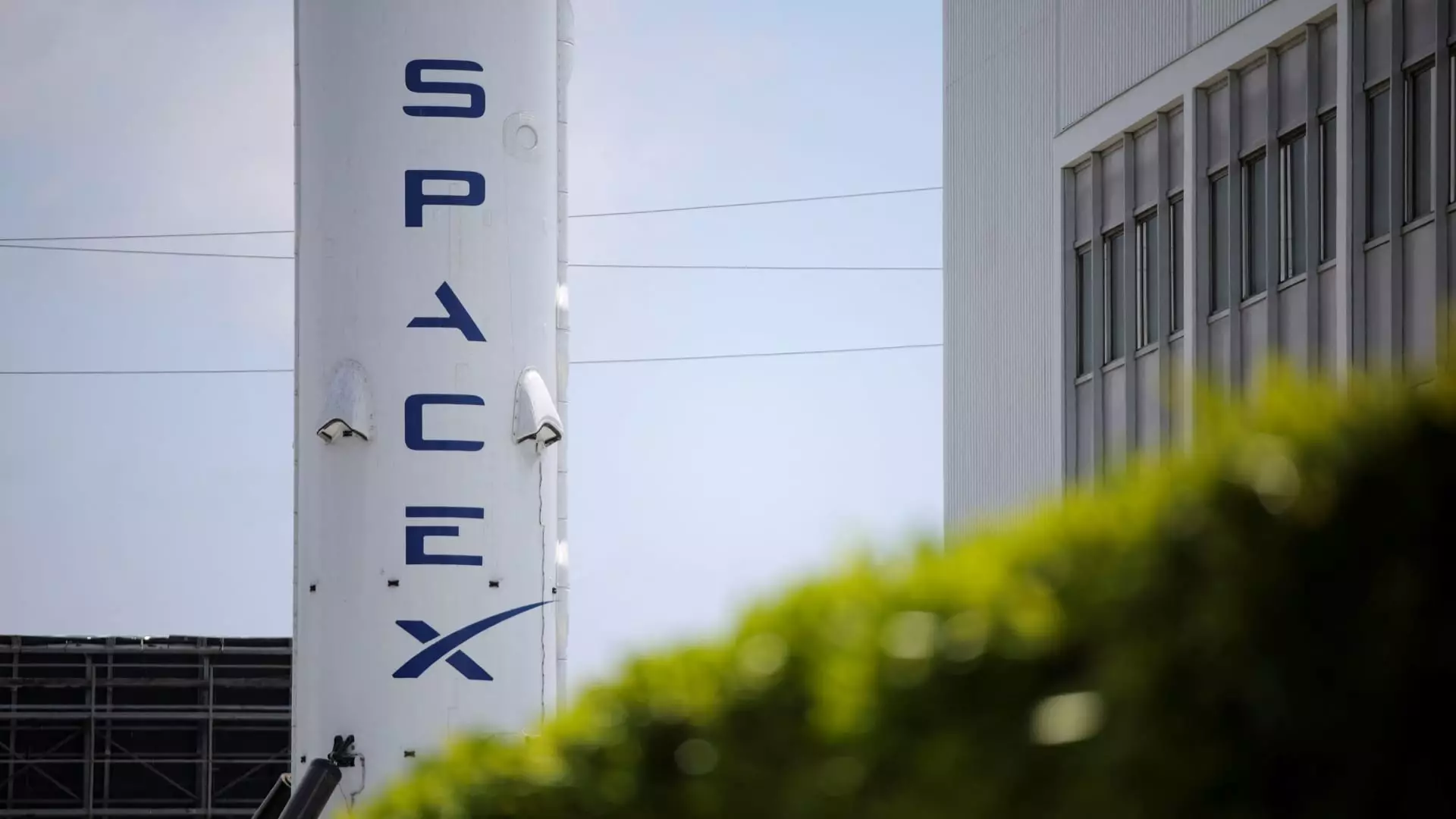The relationship between powerful businesses and government often resembles a game of chess, where each move is calculated and nearly every interaction is steeped in tension. Recently, this dynamic erupted into public view as the White House directed the Defense Department and NASA to investigate the extensive contracts held by SpaceX. The order followed a heated exchange between President Donald Trump and Elon Musk, leaving many to wonder whether national interests or personal grievances truly guide decisions affecting vital sectors such as space exploration and defense. An in-depth look reveals the alarming precedence of political posturing over principled governance.
Trump vs. Musk: A Conflict of Titans
It’s astonishing how the feud between two incredibly influential figures can have far-reaching implications for the broader community, including the future of advanced technology and national security. Reports suggest that Trump’s administration is meticulously scrutinizing approximately $22 billion in federal contracts awarded to SpaceX, fueled by grievances that appear to stem from a single spat. The idea that a mere quarrel could trigger extensive evaluations of essential contracts reveals an unsettling trend: the risk of allowing ego-driven vendettas to dictate serious government actions. This relationship—where personal sentiments color public policy—calls into question the ethics of governance and the motives behind such inquiries.
The Broader Implications of Scrutiny
While it is essential for governments to maintain oversight over contracts, it is equally important that such reviews remain devoid of political bias or vindictiveness. Political observers are right to voice concern over the potential for the White House to leverage this scrutiny as “political ammunition.” With the Pentagon contemplating reducing SpaceX’s role in critical defense projects, the implications for national security are profound. How can we trust the integrity of our defense apparatus if those at the helm allow personal rivalries to influence decisions about who builds the technologies that safeguard our nation?
The existence of something as potent as the “Golden Dome” missile defense system hinges on partnerships built on trust and understanding, not the petty skirmishes of its stakeholders. Eluding the question of legality, many experts argue that any form of contract cancellation driven by personal quarrels would set a troubling precedent. The ethical dilemma is stark: should the whims of a few powerful individuals outweigh the strategic interests of the country?
Musk’s Evolving Relationship with the Administration
Musk’s position shifted from being a close advisor to a target of Trump’s ire during this debacle, showcasing how a lack of loyalty can quickly become a weapon in a political arsenal. After publicly calling for impeachment and linking Trump to less-than-flattering figures, Musk took a step back, asserting his importance to crucial projects like NASA’s Dragon spacecraft, the only U.S. vessel currently capable of ferrying astronauts to the International Space Station. Such capriciousness reflects a desperate scramble for stability in a partnership that should reflect mutual strategic advantage rather than personal discontent.
SpaceX’s involvement has shifted the paradigm of aerospace and defense capabilities, transitioning it from a purely commercial entity to a linchpin for national security. A strategic retreat from working with SpaceX could severely destabilize and delay important defense initiatives while also curtailing innovation in the space sector. In this light, Musk’s provocative critiques become less about justifiable outrage and more about strategic posturing in the face of an administration grappling with existential threats on multiple levels.
The Unsettling Nature of Political Interference
In examining Musk’s relationships and the governmental fallout from these tensions, one cannot overlook the potential for broader destabilization. Governance experts have rightly pointed out that outcomes should not be primarily shaped by the egos of politicians and entrepreneurs but instead by what serves the greater public interest. Allowing personal conflicts to intrude upon governance can have disastrous consequences, manifesting an environment where performance becomes secondary to popularity.
In a world where technological advancement drives national pride and security, the notion that policies regarding critical contracts can be influenced by fleeting emotional disputes stands antithetical to the principles of effective governance. If the current administration persists in wielding this kind of influence, it will not only undermine public trust but could also threaten the innovative spirit that defines American enterprise in frontier industries like aerospace. Trust in institutions is imperative, and anything less reflects an erosion of democracy itself. The public deserves far more than a dangerous game of political chess; they require leadership that rises above personal grievances, championing the enduring interests of the nation and its future.


Leave a Reply